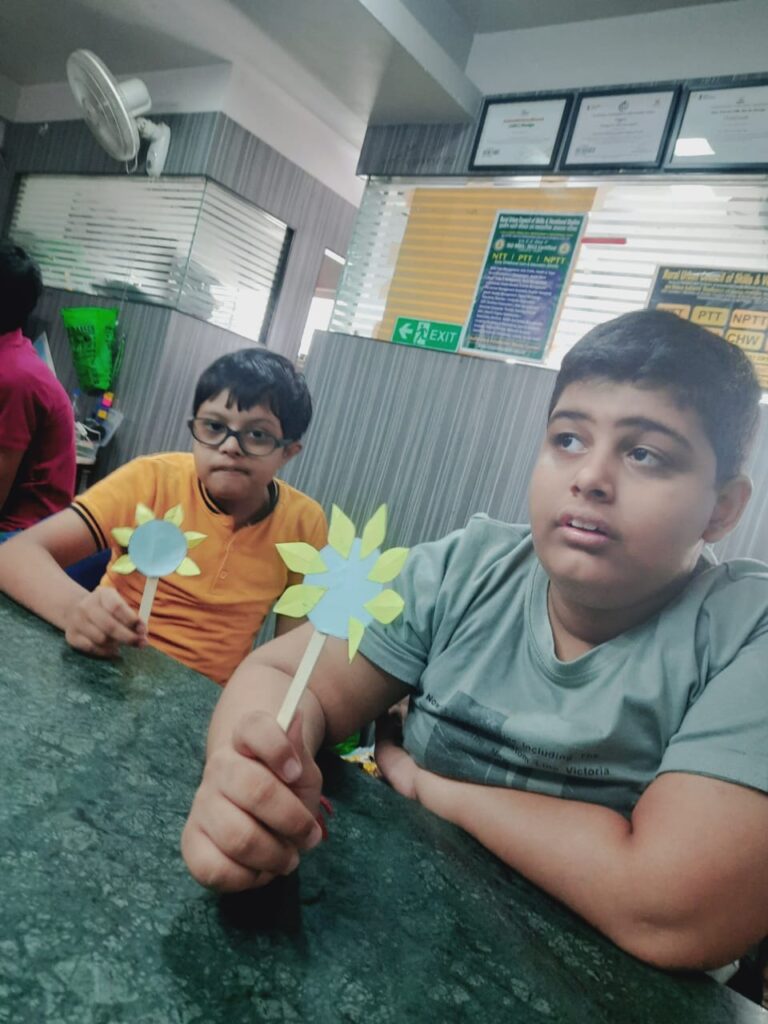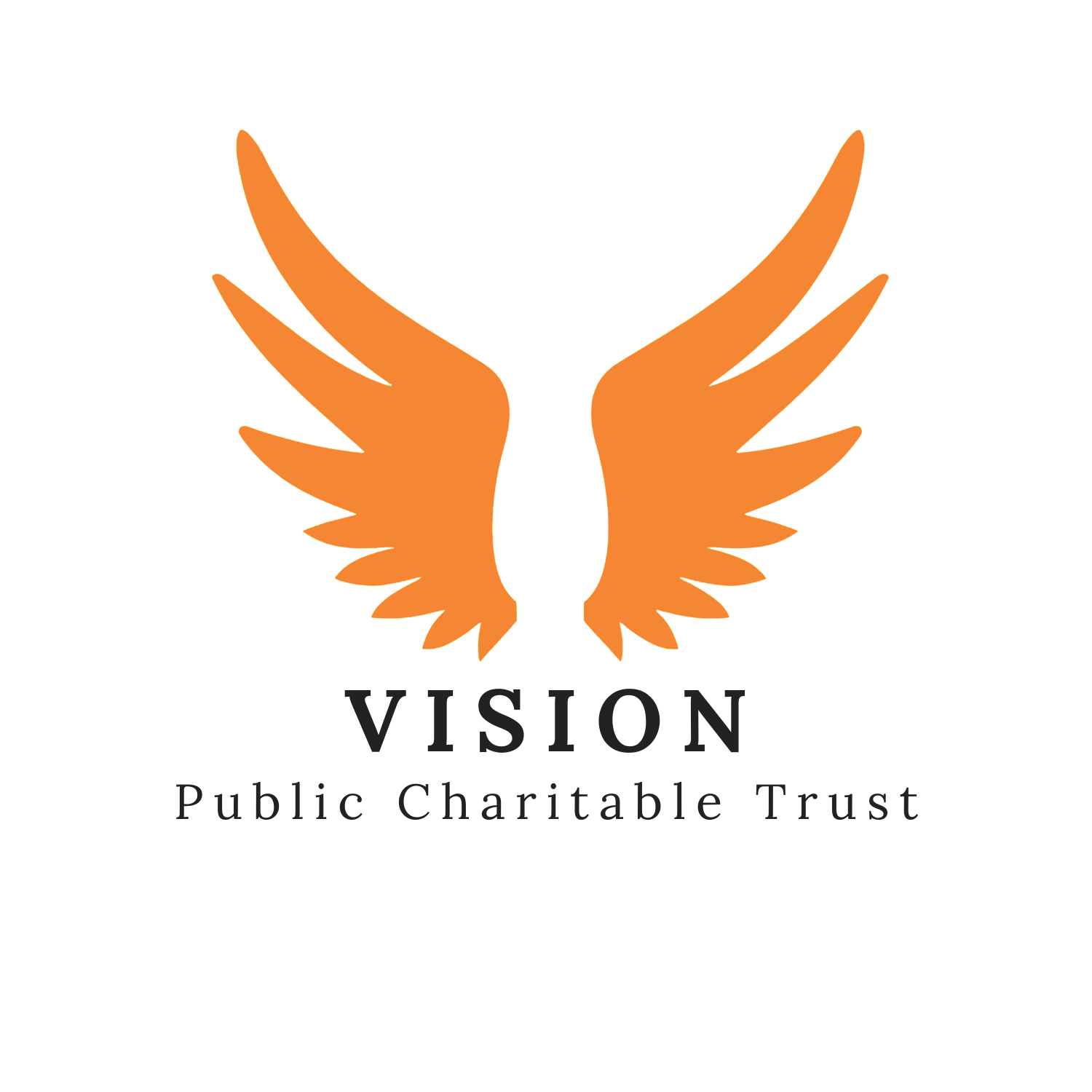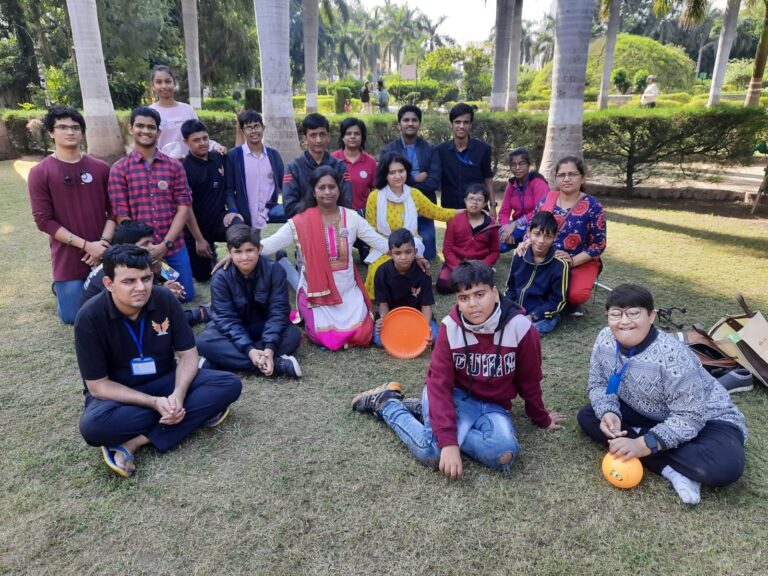Autism is a neurodevelopmental disorder that affects an increasing number of children in India. Despite its prevalence, the causes of autism are still unknown, and there is no known cure. The Autism Research Center managed by vision public charitable trust is dedicated to promoting research in autism and facilitating early diagnosis and appropriate treatment with parents’ participation. In this blog post, we will discuss the causes, symptoms, and diagnosis of autism and highlight the importance of ongoing research in this field.
Causes of Autism
The exact causes of autism are still unknown, but researchers have identified genetic and environmental factors that may play a role. Genetic factors are thought to be the most significant contributors to autism, with studies indicating that certain genes are associated with an increased risk of developing the condition. Environmental factors, such as prenatal exposure to toxins or infections, have also been linked to autism.
However, it is important to note that not all cases of autism can be attributed to genetic or environmental factors alone and that other factors may also play a role. There is ongoing research into the causes of autism, with the hope that a better understanding of the underlying mechanisms will lead to more effective treatments and interventions.

Symptoms
Autism is a spectrum disorder, which means that symptoms can vary widely between individuals. However, some common symptoms of autism include difficulties with social communication, such as difficulty making eye contact or engaging in conversation. Autistic individuals may also exhibit repetitive behaviors or have an intense interest in specific topics.
Other symptoms may include sensory sensitivities, difficulties with motor coordination, and delays in language development. It is important to recognize the early signs of autism to enable early intervention, which has been shown to improve outcomes for autistic individuals. However, recognizing the signs of autism can be challenging, especially as symptoms may not be apparent until later in childhood.
Diagnosis of Autism
Diagnosing autism is a complex process that typically involves a combination of behavioral assessments, medical evaluations, and genetic testing. The American Academy of Pediatrics recommends screening for autism at 18 and 24 months of age, and again at any time a child exhibits symptoms of the condition.
Despite the availability of diagnostic tools, the diagnosis of autism remains controversial, with some critics arguing that the criteria for diagnosis are too broad and may lead to overdiagnosis. There is ongoing research into improving the accuracy and reliability of autism diagnosis.
Research in Autism
Research is essential for improving our understanding of the condition and developing effective treatments and interventions. The Autism Research Center managed by vision public charitable trust is dedicated to promoting research in autism and providing a forum for discussion and collaboration between researchers, parents, and educators.
Ongoing research initiatives at the center include studies on the genetic and environmental factors that contribute to autism, the effectiveness of early interventions, and the development of new diagnostic tools.
Conclusion
Understanding autism is complex and challenging. It affects an increasing number of children in India. While the causes of autism are still unknown, ongoing research is shedding light on the underlying mechanisms and paving the way for more effective treatments and interventions. The Autism Research Center managed by vision public charitable trust is dedicated to promoting research in autism and facilitating early diagnosis and appropriate treatment with parents’ participation. If you are interested in getting involved in autism research or would like more information about the center’s initiatives, please don’t hesitate to contact us. Together, we can work towards improving the lives of autistic individuals and their families.

![ANNUAL FUNCTION- VIBRANT VOICES [ THEY ARE DIFFRENT NOT LESS ]](https://visionpublictrust.org/wp-content/uploads/2024/01/KDS-39-768x512.jpg)
